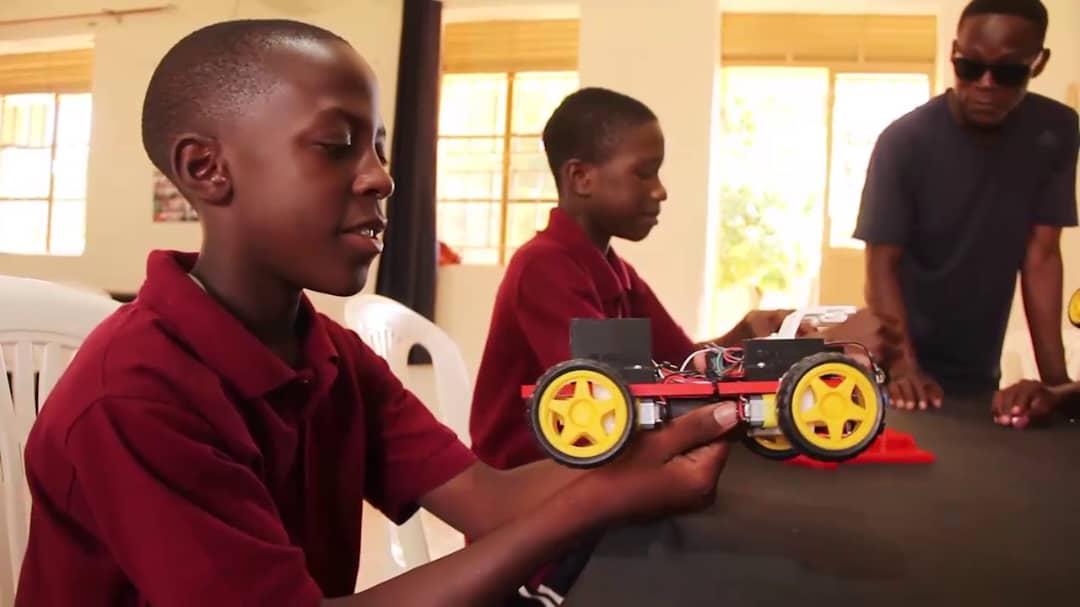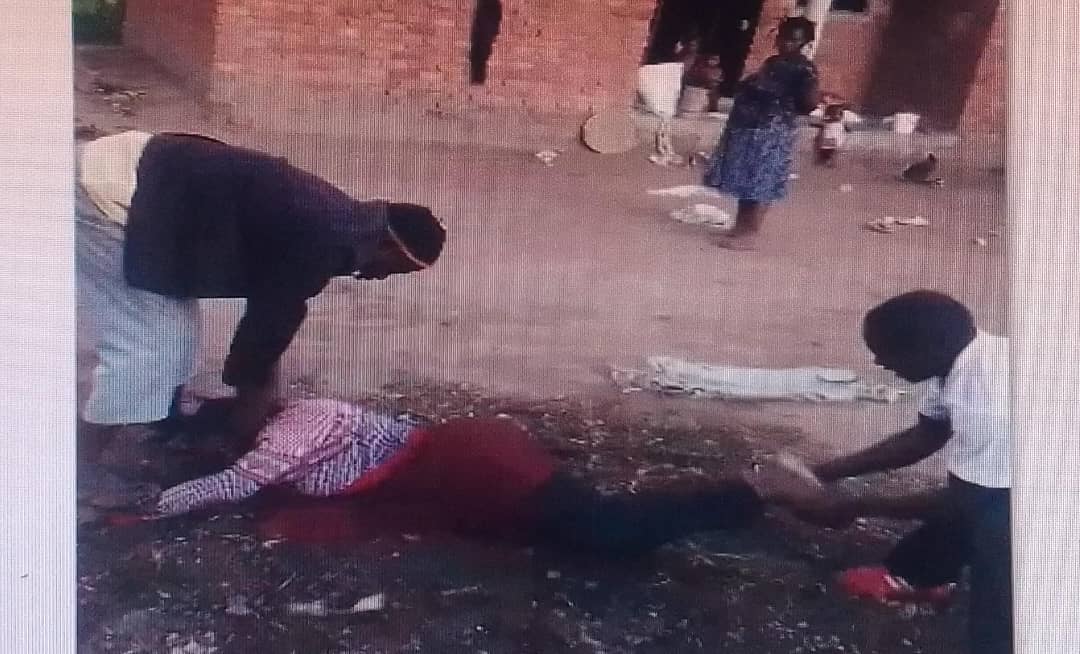'Spare the rod and spoil the child': the dilemma of today's so called corporate parents
Bits of ME
My father’s cane, olugga, which among the Baganda tribe had its reserved place in the house.
Atop one of the roof ceiling joists, the light-weight deep brown bamboo stick hang teasingly above our heads-as if to remind us ‘Iam always around when called to straighten you’
About 58-inches in length, its prominence was felt among the 11 children of Mr and Mrs. Zake.
Upon misbehaviour, my father would reach for it, while my mother’s stance would be to compel us on moral uprightness.
In situations of recurring misbehaviour, my father wouldn’t hesitate to call on the ‘symbol of discipline’ and administer it on the buttocks which he jokingly called ‘enyama ya government’ in disapproval of the government ban on caning of children.
He would allude to the biblical saying, “spare the rod and spoil the child" and would often say "the government will not come into my home to discipline you."
Can you say that of today’s generation whose parents have "spared the rod?"
Bits of YOU
The moment you realize that your parents were right, you are a parent. This is one of the most reawakening statements made by elders confronted with child upbringing.
This is to emphasize that actions against kids exist for their own good and until they come of age, the importance is not clear.
Some parents of today are hesitant to use the stick as a tool of discipline saying "this generation is different." The damage, however, is immense.
Can. Dr. Ruth Ssenyonyi a counselling psychologist says even the best parents can be shocked by the certain behaviour of their children.
“A child can turn into something else and its why we always encourage parents to do your best but the outcome is always God's outcome. It’s not because of what you have done. Do your part and the other part is also the child's responsible," Ssenyonyi stated.
She reminisces of the past generation that raised her to be accountable to soceity.
"It was not only our parents’ care. It was also the village. Everyone around you. If it wasn't your father coming back late in the night to give you a beating, it was your mother with a stick or the neighbour questioning your behaviour," she said.
Dr. Ssenyonyi says responsible adulthood is in short supply in this generation.
Another contributor to the rising indiscipline cases in children, she says, are the unclear, change of/ lack of boundaries for what is acceptable and what is not.
"Today you're okay with it when your child comes back late but the next time it happens, you beat and kick them. They get confused, which is wrong. Boundaries need to be consistent," she says.
The boundary lines are part of training which keep extending and widening as the children grow older.
Several parents today, in recollection of their upbringing, accuse their parents of ill-treatment, endless house chores, walking long distances and beatings when they misbehaved but Ssenyonyi calls it, “responsibility”.
"…to make the lives of your children a little easier today, you bring maids, do everything for them. It is not the basis of parenting. When you don't train your children into what you want them to be, they cannot be what you want them to be," Ssenyonyi advised.
Lack of proper home grooming feeds into bad behaviour in school and teachers suffer the burden.
Ssenyonyi counsels that to prevent the disconnect, there must not a separation between the parents, school and the child.
The unnecessary school restrictions which keep the parent’s access to the child only within the classroom environment aggravates the gap between the parent, teacher and the child yet the three must work together in the maintenance and consistence of morals.
“Parents should monitor the progress of the child’s behaviour through the teachers involving them in what the children do. But today the parent is involved when the child is being expelled”, Ssenyonyi says.
The silence of schools on the misbehavior of children for any behaviour that tarnishes the school’s reputation is swept under the carpet according to Ssenyonyi instead of open communication to parents to bridge the disconnect.
Canon Dr Ruth Ssenyonyi parental tips of raising good children
- Institute timetable for house chores
- Establish clear guides with boundaries for correction/consequence of bad behaviour
- Establish table-talks for counsel/advise/listening ear
- Liaise with teachers/matrons at school for follow-ups
- Take away privileges as punishment for indiscipline
- Appreciate/reward good behaviour
- Accept parental support from model parenting figures
- Supervised TV time with parental guidance controls
- Restrict internet except for supervised school work etc













